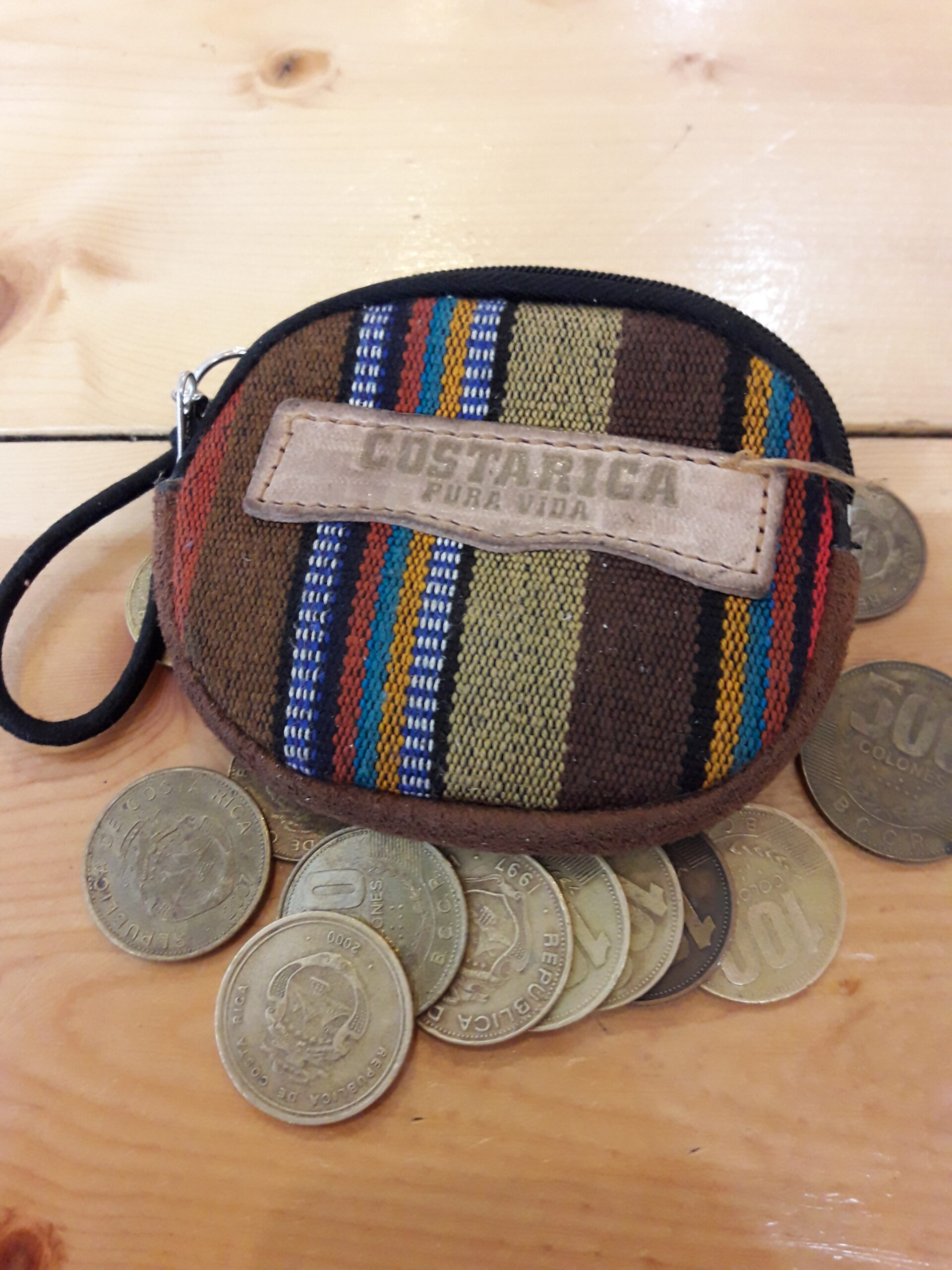Saving Money in Costa Rica


Managing money abroad is always a topic of stress, regardless of one’s financial status. No matter how much leeway you have with your budget, it’s always best to err on the side of saving money. Here are some tips I’ve found helpful in saving money in Costa Rica:
Before you go
The first step to any study abroad is to save, save, save! This means not only finding a source of income, but also allocating your funds well before you get on that flight. I worked during the school year and the summer to make sure I had enough to fully enjoy myself here. During the year, I put a minimum of 20% of my paycheck away immediately in savings so that I didn’t have to think about it later down the line. I found this was a great strategy because saving was the first thing I did, not an afterthought once all my money was mostly spent. In the summer, I tried to minimize costs and maximize savings by living and eating with my family.
Also in your pre-program planning, look for scholarships to help you afford your time abroad. IFSA has a work-to-study option and scholarships, which have been super helpful! I also applied to scholarships through my school and independent providers. Talk to your study abroad advisors for recommendations on what the best scholarship for you might be. If you’re Pell Grant eligible, I highly recommend applying for the US Department of State’s Gilman Scholarship! This is the main contributor to my money abroad, and has greatly reduced my stress around money.
Know the exchange rate and its tricks
It is of course always important to know the exchange rate of where you are living, but there are other factors involved that aren’t often discussed. The biggest piece of advice I can give is to NEVER exchange money at the airport! They will completely short change you, regardless if in the US or your host country. Instead, exchange money at a government bank or just take it directly out of an ATM, where you can be sure to get a good rate.
An important thing to remember is that exchange rates are fluid things, and the rate for your host country will definitely fluctuate while abroad. Keep constant track on the exchange rate, checking on it minimum twice a month. One trick for saving money involving the exchange rate is to undercut yourself in your head, so you always think you’re spending more than you actually are. For example, the exchange rate in Costa Rica is about 560 CRC to 1 USD, but I live my life as if it’s a flat 500. This not only makes things easier to calculate, but I’m spending a bit less than I think every time I buy something!
Travel smart
Luxury travel around your host country every weekend can be appealing, but it’s definitely not money conscious. For those of us who can’t afford to hop on a bus every weekend, plan ahead and do research on travel destinations so you know the trips you do make will be awesome. This is also a great way to find out if any destinations are close to each other, and could be combined into one trip. My favorite budget friendly travel spots are always beach towns, because going to the beach is free! Yes, you have to be wary of tourist trap spots near the beach, but my advice is to ask a taxi driver where the locals eat. My favorite trip so far has been Manuel Antonio, where the most I spent at once was the park fee ($16). Everything else – my meals, the bus, and even each night at the hostel – was cheaper than that.
While traveling, my advice is to stay in cheap, but still safe, hostels to save money on accommodations. Large rooms full of bunk beds don’t really guarantee any privacy, but you’re sure to still have fun, make new friends, and have cash left over to splurge on activities and dining. I recommend Selina for those traveling in Central America as a great cheap safe and clean option. Additionally, if you’re really trying to stick to a budget, pack food with you when you go. While you still can eat some meals out to experience local culture, a little bit of PB and JS and pasta at the hostel is a great way to save a decent amount of money.
In general
Living on a budget isn’t just limited to trips and meals, it’s an everyday every-minute lifestyle. The hardest balance to strike when abroad for me wasn’t how often to call home, but instead how often to check my bank account. It can be difficult to enjoy your time if you’re constantly stressing and worrying every day. To alleviate this stress, set weekly budgets and have a designated time to think about money. My personal experience in Costa Rica has been greatly improved by not only sticking to the ‘I only think about money on Sundays’ rule, but by truly cutting free from worry and knowing I’m secure in my plans Monday –Saturday. Additionally, you’ll find that many other students abroad are also on budgets. Look for cheap deals at the movies, when traveling, at clubs, and in everything you do. There are multitudes of experiences to have abroad that don’t have to break the bank! Living on a budget absolutely doesn’t mean you cannot have the study abroad experience of your dreams – it just means you have to plan ahead.
Gabriela R. | The George Washington University | Universidad Nacional Partnership | Fall 2018 | IFSA International Correspondent